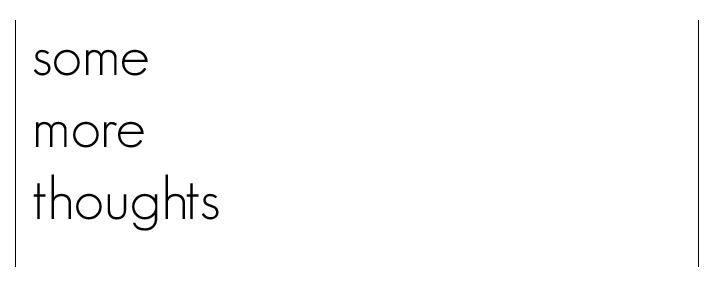Again, another post summarizing my thoughts ahead of a short talk.
There were words to what I love to do. To learn things, to teach myself. Auto-didact. Polymath. Jack of all trades. Amateur. Homeschooled. That was then. After finishing my degree, I could look forward to work. And then - family, children and finally death. I was not entirely interested with that path.
Being a teacher of sorts, I deal with students who ask almost all the time "Why study?" It is not usually a direct verbal question of course (only one so far has come up to me and asked, "Teacher, why do we have to study?"), but through actions and little slips of tongue.
Tomorrow is a holiday. Cheers (and not too many moans) result. These people are excited there is no school. Fair enough - everyone could use a good break now and then. But really, why would we rather play than study? Sure, studying is rarely ever as fun as playing (although it can definitely be).
Again, the question is why study at all? There are two types of reasoning behind this question. One practical and one philosophical. "How is this useful?" I am asked again and again. The asker holds up a math problem, or a diagram of planets. I explain that even if this has no actual practical use in life, it's still "good to know". They walk away unsatisfied. Really, would our lives be any poorer if we did not know that we can determine the chemical composition of stars by their colours?
That is the practical aspect, and I will try to address that. Firstly, I wholeheartedly support the idea to teach young students as many things as possible in our universe from the start - from the common to the esoteric. Besides enriching our lives, this wide knowledge allows us to focus on the things we actually do like. Would we know that cells are fascinating unless we first study them? That finding out the hypotenuse of a triangle is a delightful exercise unless we actually do it?
Well no. We do not know unless we do. Students often have "pre-destined" careers in mind, usually as a result of strong suggestions by their parents, peers or others. Doctor, lawyer, engineer. They even have their dreams. Astronaut, musician, veterinarian. Sometimes they pan out. Often they don't. But we won't know what we really want to do unless we know about it.
And of course the obvious - by studying we get knowledge to do jobs that pay better and hence, live better lives.
Then the philosophical aspect. We study, we work, we die. The end. In many worldviews, this is the case. Under a Christian worldview (which I and the place where I teach operates under), this is not the case. Our lives here are not the end but the beginning. We learn now to have a head start on the life to come. We do not forget our old lives when we begin our new ones, but remember - precisely so that we learn and avoid the mistakes that we made.
Why study? I once asked that question. Then I opened a book and learned about how our universe began from an infinitesimally small singularity, how life has died and lived and died a thousand million times over, about kings from a distant past who conquered half the earth, about a God who sent his only Son to die for humans, and in so doing I learned about me in a way I could not had I not access to knowledge, the light of which shines deep into our souls to illuminate our existence.


